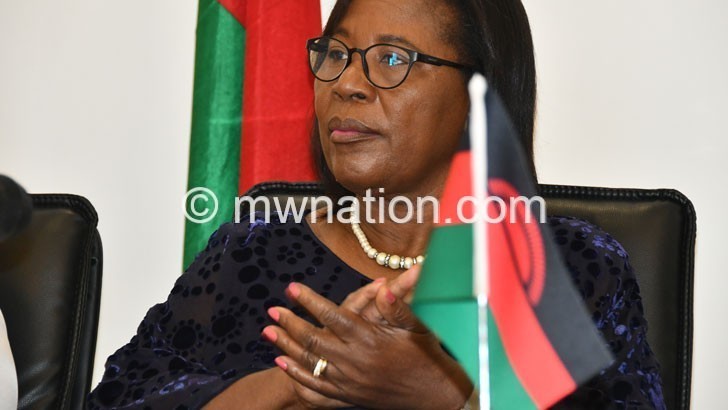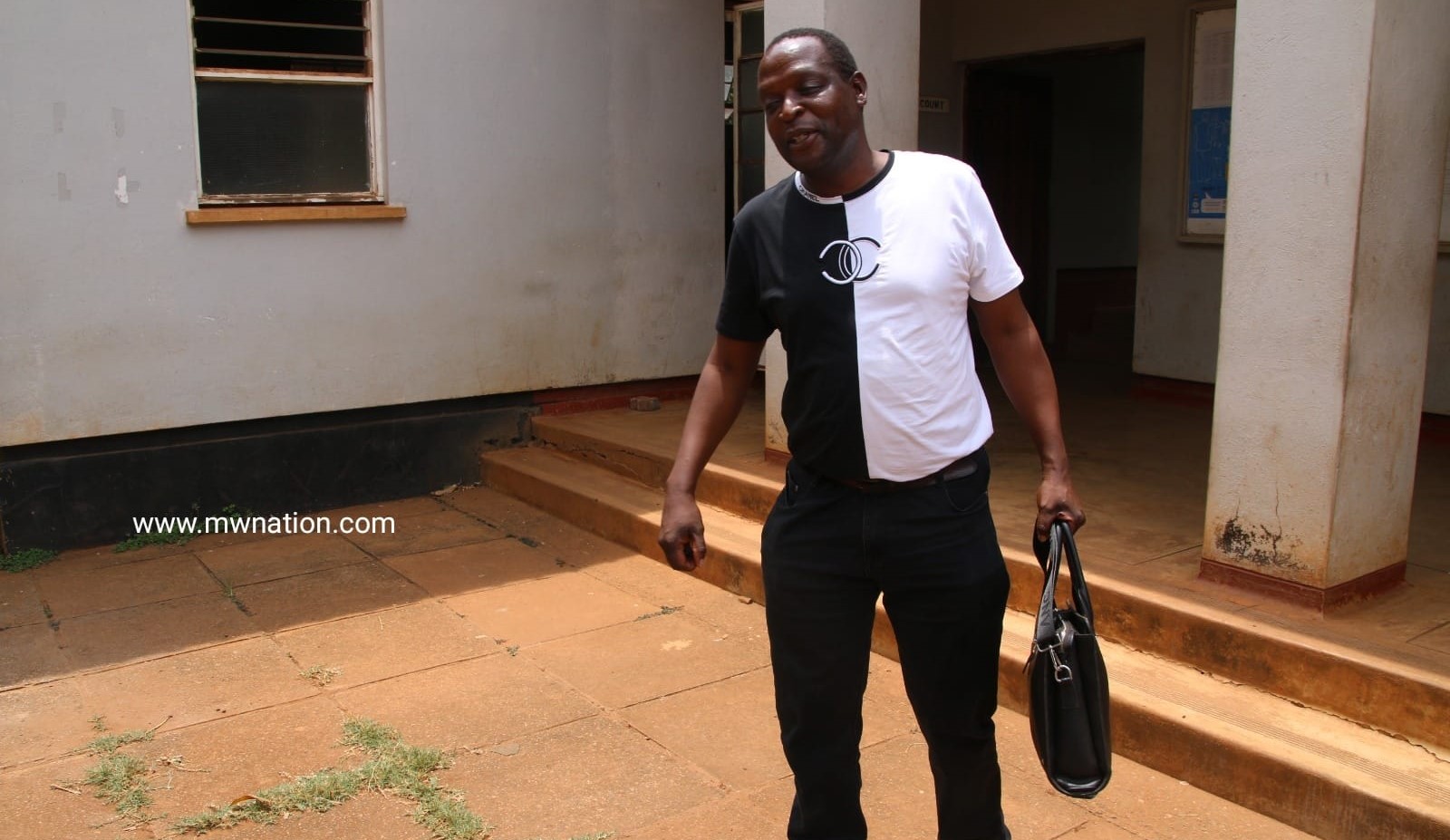Kasambara appeal case set for November 4
Malawi Supreme Court of Appeal has set November 4 to start hearing an appeal in a case involving former minister of Justice and Constitutional Affairs Ralph Kasambara and two others.
The appeal will be heard by a seven-judge panel of the Supreme Court in Blantyre, according to High Court of Malawi and Supreme Court registrar Gladys Gondwe.

In an interview yesterday, she said the case delayed to start due to settlement of court record.
Gondwe said several meetings have taken place involving all parties in the case and the record has been settled, with all issues cleared.
She said: “The record has now been settled, whatever issues were there have since been cleared.
“There are a number of sittings that have taken place just to make sure that everything is in order with the record. That is why it has been put on the court’s list because it is ready.
“On 4th November,the court will convene and hear the parties’ arguments on the appeal.”
Kasambara, a lawyer, was handed in 2016 a 13-year jail term for conspiracy to murder former Ministry of Finance budget director Paul Mphwiyo in September 2013. His accomplices—Pika Manondo and McDonald Kumwembe—were sentenced to 15 years each for attempted murder.
Mphwiyo survived the plot with gun wounds.
Kasambara was, however, granted bail on March 14 2018 by retired Justice of Appeal Dunstain Mwaungulu after spending a year and seven months in prison.
In December last year, the court ordered the registrar to conduct the process with other parties after it was discovered, during the first hearing, that some documents in the files were missing.
In granting Kasambara bail, Mwaungulu observed that there seemed to be contradiction on finding Kasambara not guilty of the attempted murder charge, but guilty of the conspiracy to murder.
Kasambara, who served as minister in the Cabinets of Bingu wa Mutharika and Joyce Banda, was jailed by High Court Judge Michael Mtambo for conspiracy to murder in a crime linked to a multi-billion kwacha corruption ring dubbed Cashgate.
But Mwaungulu, sitting as a single Supreme Court judge, also observed that the sentences were close to maximum and, in context, were passed against first offenders; hence, were likely to be reduced.
He also said the lower court wrongly based its findings on call logs, arguing they may have been discussing several other issues apart from what the State linked them to





